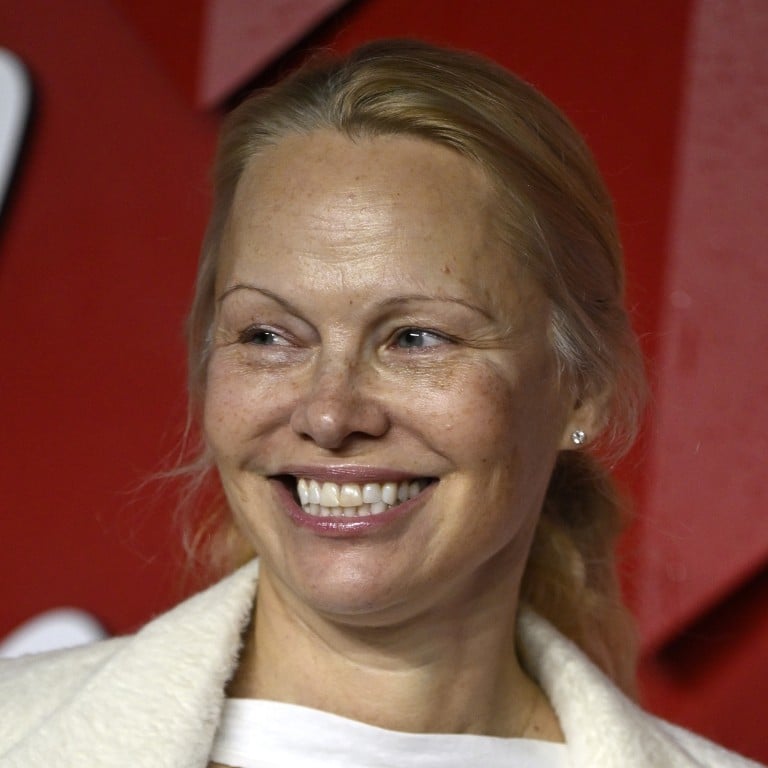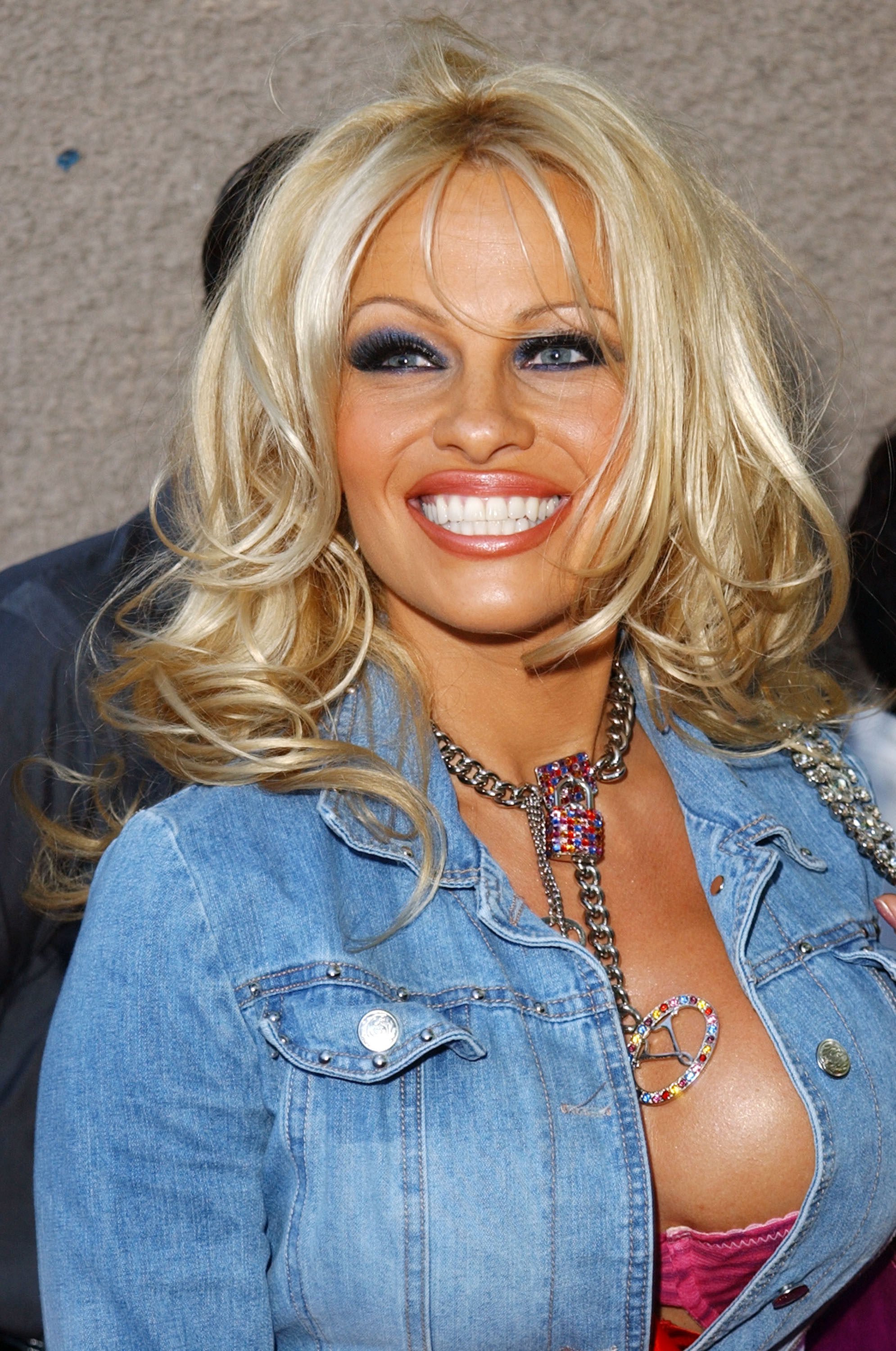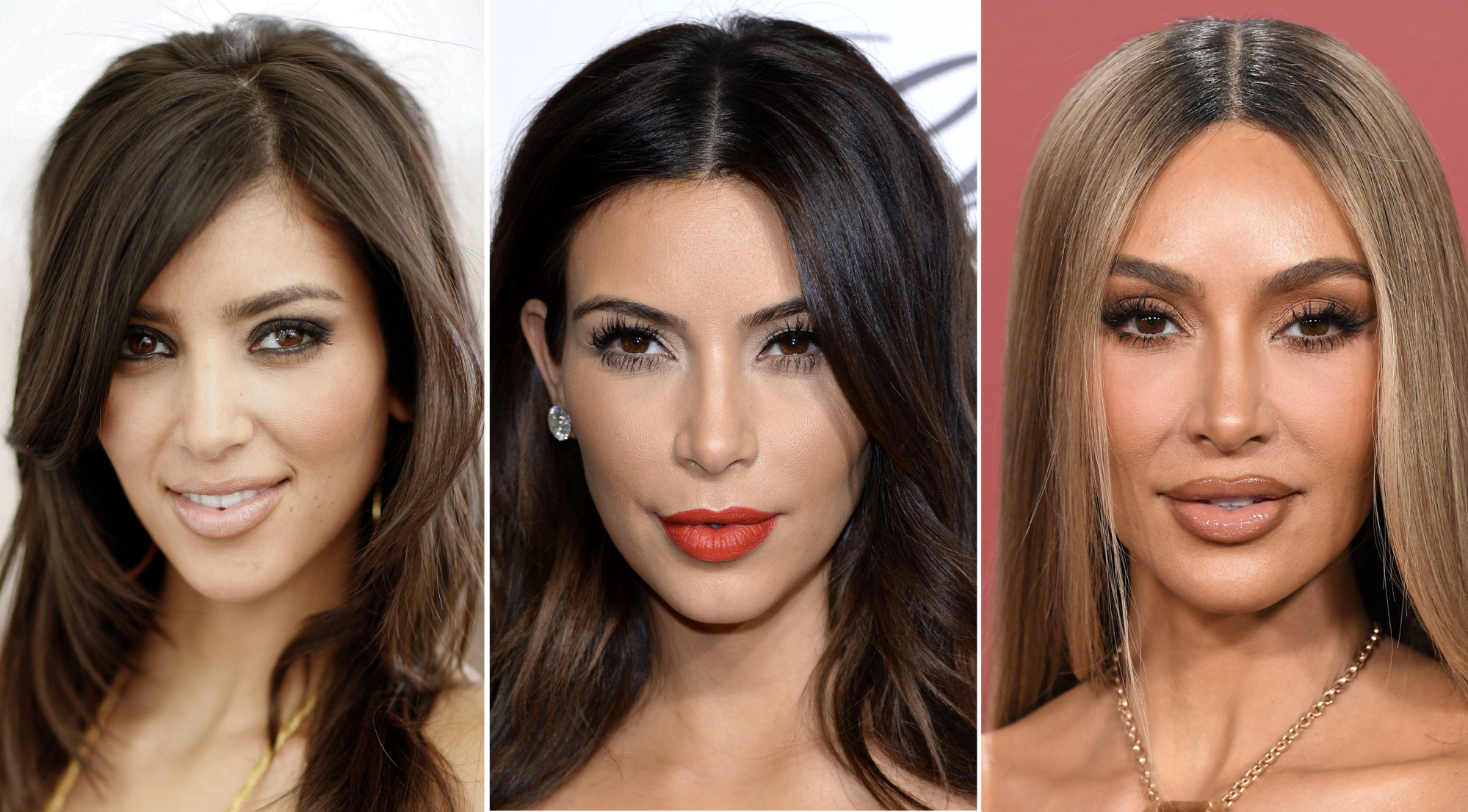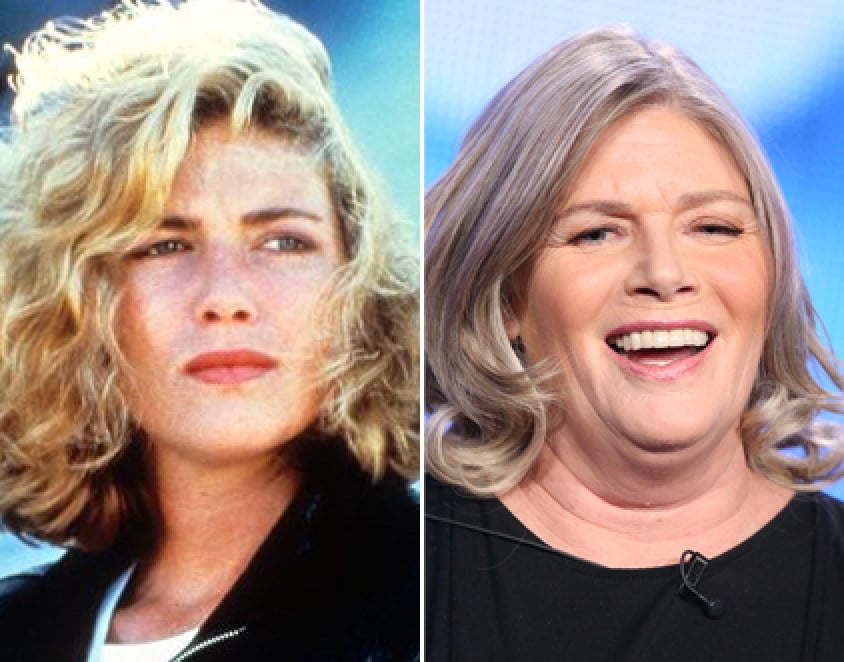
As Gen Z post anti-ageing videos on TikTok and beauty products continue to mine our insecurities, celebs like Pamela Anderson offer glimmers of hope
- It seems that for Gen Z, being old is considered a negative experience – one that should be prevented by any means necessary
- Pamela Anderson’s popular no-make-up look at Paris Fashion Week and demand for models over 60 show some progress towards overcoming entrenched social behaviours
Inclusivity in fashion and beauty has come on leaps and bounds over the past five years, but there’s still a stigma attached to getting old.
Ageing is one thing guaranteed in life. We grow up surrounded by people older than us, knowing inevitably that we are all headed in that direction. Why, then, as a society, do we continue to do everything we can to fight it?
A TikTok video titled “Things I do to slow the ageing process as a 14-year-old” went viral in 2023, racking up over 4 million views. The user opened by saying, “I started to do these things when I was 12.”
It seems that for Gen Z – the oldest of whom come in at around 26, and who generally champion inclusivity and equality across the board – being old is still openly considered a negative experience, one that should be prevented by any means necessary, from multi-step skincare routines and injectables to surgery.

Anti-ageing is big business and is expected to almost double in worth to US$120 billion by 2030. It simply isn’t in the interest of beauty companies for women to embrace getting older.
The language used to sell skincare products is always youth-centric and based on dubious claims of their ability to give you “more youthful looking skin”, “reduce the appearance of fine lines and wrinkles”, or “achieve plumper skin”.
Even if brands have reframed how they sell products – opting to promote a “pro-ageing” message in place of “anti-ageing” – their intention is still the same: to lure women into a never-ending cycle of consuming products that will have little impact on the natural process of getting (and looking) older.
Want better skin? Look at how you sleep, not just how long
While some age-appropriate brand ambassadors have replaced 20-year-old models as the face of wrinkle creams, the goal is still to sell by tapping into stigmas around ageing.
Celebrities are more than happy to inform us of their favourite products or make-up tricks – endorsements not-so-subtly included – but almost all of them fail to mention the “tweakments” and more dramatic interventions they have undergone along the way.
The Kardashians, famed for their no-holds-barred approach to letting the public see every aspect of their personal lives, are famous for refusing to admit what work they’ve had done, even going so far as to deny anything more than “a bit of Botox”.

Comparison is the thief of joy, and this is never more evident than when we hold our physical attributes up to the perfectly filtered and tweaked images we are inundated with daily.
But on a more insidious level, the lack of transparency about what it takes to achieve these results – no matter how subtle – belies the risks and upkeep involved, such as bruised lips, swelling, tenderness, migrating fillers, pain and long recovery periods.
Unlike most people, celebrities can afford the best practitioners and ample post-op recovery timelines – famously, the recent Hollywood strikes were a boon for plastic surgeons. Yet most of them remain silent over cosmetic procedures, partly due to the stigma that remains attached to them.
Does rice water really produce strong, shiny hair? An expert weighs in
Despite how popular plastic surgery has become, a smooth forehead can be seen as the equivalent of a fake designer handbag, meaning the beauty, once artificial, lacks credibility.
Somehow, glow-ups with a new hairstyle, great make-up and outfit are OK, but cross over to fillers and surgical enhancements and it’s not you any more. At the same time negative views of ageing are still widely propagated. Many women are caught between a rock and a hard place.
Meanwhile, there are several dynamics at play both demonstrating and exacerbating ageism. One is the great imbalance in beauty standards for men and women, and once again, Hollywood is a case in point.
From Hermès Birkins to belly fat, 2023’s most-read fashion and beauty stories
While males get to embrace their ruggedness and grey hair, women are continually reminded that youth equals attractiveness, and younger actresses are often cast alongside much older male co-stars.
For 2022’s Top Gun remake, Kelly McGillis (who starred in the original) was asked if she, like Tom Cruise, would make a return. She bluntly replied, “I’m old and I’m fat, and I look age-appropriate for what my age is. And that is not what that whole scene is about.”
She added: “I’d much rather feel absolutely secure in my skin and my age than place any value in all that other stuff.”

While the beauty industry continues to mine our insecurities around ageing for cash, there are glimmers of hope. Models over 60 are in high demand on runways and in editorials, with the likes of 90-year-old Frances Dunscombe and iconic ’60s muse Penelope Tree making debuts and comebacks in recent years.
Pamela Anderson has decided that instead of stepping out of the limelight as she ages, she is stepping forward sans make-up. The 56-year-old debuted her new natural approach to beauty at Paris Fashion Week, to much acclaim.
Anderson’s laid-back attitude struck a chord with both the general public and fellow celebrities. Jaime Lee Curtis even declared in an Instagram post of Anderson, in all capitals, that “the natural beauty revolution has officially begun”.
Yet though Anderson is being heralded for ageing gracefully and going make-up-free, there is still little transparency regarding treatments she may have had that make opting for a fresh-faced look easier.
Real shifts in entrenched social and cultural behaviours don’t take place overnight, but they can’t happen at all without broader discussions about why they exist in the first place.
So while teenagers on TikTok are busy trying to fight wrinkles that have yet to appear, some of those who already have them are letting go and embracing their smile lines.
Gen Z express TikTok fears about their future children’s screen time
There is a joy and an aspirational level of self-acceptance involved in not placing your value on what you look like, but this is becoming increasingly more difficult for Gen Z to achieve.
Can a digitally native generation, who are forced to constantly look at themselves in HD videos and filtered photos online, fight for age positivity in the same way they champion environmentalism and diversity? Only time will tell.

